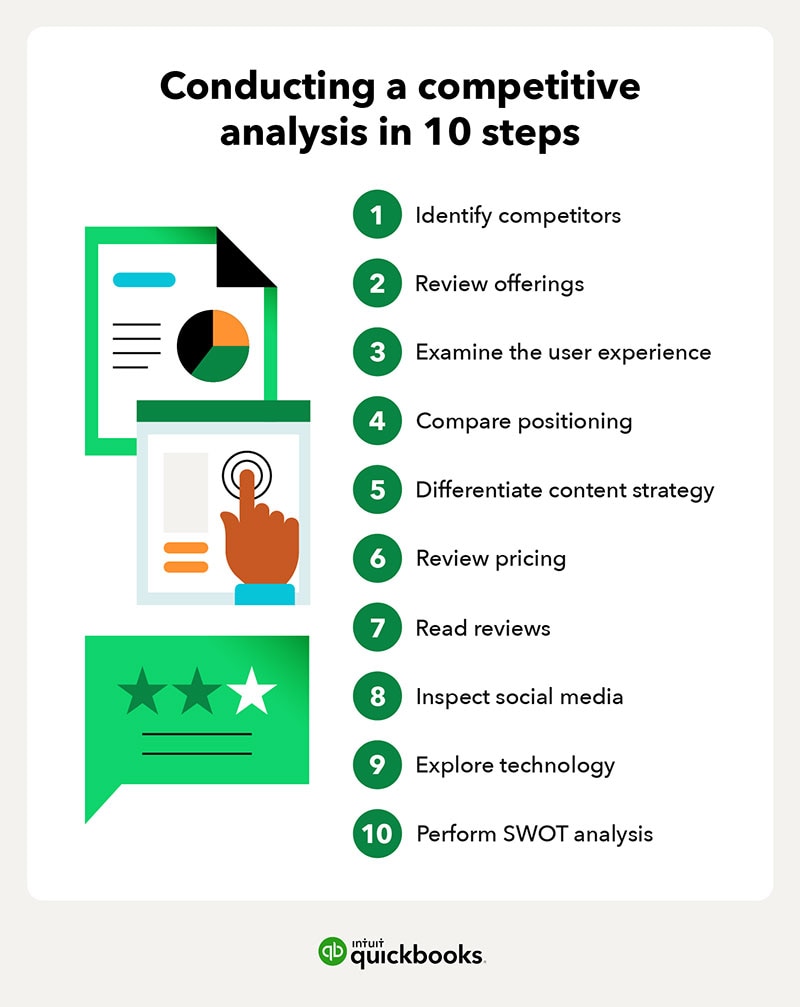Taking on Titans: Small Biz vs. Industry Leaders
In the world of business, there are often giants that seem unbeatable. These industry leaders have established themselves as the top dogs, with massive resources and influence that can be intimidating for smaller businesses. However, just because you’re a small business doesn’t mean you can’t compete with the big players. With the right strategies and a bit of creativity, you can level the playing field and take on these titans head-on.
One of the key strategies for small businesses looking to compete with industry leaders is to focus on what sets you apart. While the giants may have more resources, they often lack the agility and personal touch that smaller businesses can offer. By honing in on your unique selling points and leveraging your strengths, you can carve out a niche for yourself in the market and attract customers who are looking for something different.
Another important factor to consider when taking on industry leaders is to stay nimble and adaptable. Large companies can be slow to change and may stRuggle to keep up with shifting market trends. As a small business, you have the advantage of being able to pivot quickly and respond to changes in the industry. By staying ahead of the curve and being willing to experiment with new ideas, you can stay competitive and even outmaneuver your larger competitors.
Networking and building strategic partnerships can also be key in leveling the playing field with industry leaders. By collaborating with other small businesses or forming alliances with complementary companies, you can pool your resources and expertise to take on bigger players in the market. These partnerships can help you access new markets, share costs, and reach a larger customer base than you could on your own.

Image Source: intuit.com
In addition to forming partnerships, it’s important for small businesses to leverage technology to their advantage. Digital tools and online platforms can help level the playing field by giving you access to the same marketing and communication channels that industry leaders use. By investing in a strong online presence and utilizing social media and other digital marketing strategies, you can reach a wider audience and compete with the big players on a more even footing.
Finally, one of the most important strategies for small businesses looking to take on industry leaders is to focus on providing exceptional customer service. While giants may have name recognition, they often struggle to deliver the personalized attention and care that smaller businesses can offer. By going above and beyond for your customers and building strong relationships with them, you can create a loyal customer base that will stick with you even in the face of competition from larger companies.
In conclusion, while it may seem daunting to take on industry leaders as a small business, it’s entirely possible with the right strategies in place. By focusing on your unique strengths, staying adaptable, building strategic partnerships, leveraging technology, and providing exceptional customer service, you can level the playing field and compete with the big players in your industry. So don’t be afraid to take on the titans – with a bit of creativity and determination, you can hold your own and carve out a successful niche for your small business.
Secrets to Success: Competitive Strategies Unveiled
In the competitive landscape of business, small businesses are often faced with the daunting task of going up against industry giants. While it may seem like an uphill battle, there are certain strategies that small businesses can employ to level the playing field and compete with the big players.
One of the key secrets to success for small businesses is to focus on differentiation. Instead of trying to compete directly with industry giants on their terms, small businesses should look for ways to stand out and offer something unique to their customers. This could be through innovative products or services, exceptional customer service, or a strong brand identity. By carving out a niche for themselves, small businesses can create a loyal customer base that sets them apart from the competition.

Image Source: amazonaws.com
Another important strategy for small businesses is to leverage technology to their advantage. Many industry giants have access to large budgets and resources, but small businesses can use technology to streamline their operations, reach a wider audience, and compete more effectively. Whether it’s through social media marketing, e-commerce platforms, or data analytics, small businesses can use technology to level the playing field and make a big impact on their industry.
Collaboration is also a key component of success for small businesses. By forming partnerships with other businesses, industry experts, or even competitors, small businesses can pool their resources and expertise to achieve mutual goals. Collaboration can lead to shared knowledge, new opportunities, and increased visibility in the market. By working together, small businesses can amplify their impact and compete more effectively with industry giants.
Additionally, small businesses should prioritize customer experience as a competitive strategy. Industry giants may have the advantage of scale, but small businesses can offer a personalized and attentive experience that sets them apart. By listening to their customers, addressing their needs, and providing exceptional service, small businesses can build strong relationships and create a loyal customer base that will keep coming back.
Adaptability is another secret to success for small businesses. In a rapidly changing business environment, small businesses must be willing to adapt to new trends, technologies, and customer preferences. By staying agile and flexible, small businesses can respond quickly to market changes and stay ahead of the competition. This ability to pivot and innovate is a key advantage that small businesses have over larger, more bureaucratic organizations.
Finally, small businesses should never underestimate the power of passion and perseverance. Building a successful business is no easy feat, and small businesses will inevitably face challenges and setbacks along the way. However, by staying true to their vision, believing in their mission, and never giving up, small businesses can overcome obstacles and achieve their goals. Passion and perseverance are the driving forces behind many successful small businesses, allowing them to compete with industry giants and make a name for themselves in the market.

Image Source: buffer.com
In conclusion, small businesses may face tough competition from industry giants, but by employing the right strategies and staying true to their values, they can level the playing field and compete effectively. By focusing on differentiation, leveraging technology, collaborating with others, prioritizing customer experience, staying adaptable, and maintaining passion and perseverance, small businesses can carve out their own place in the market and achieve success. With these secrets to success unveiled, small businesses can rise to the challenge and thrive in a competitive business landscape.
Top Competitive Analysis Strategies for Small Businesses to Compete Big
